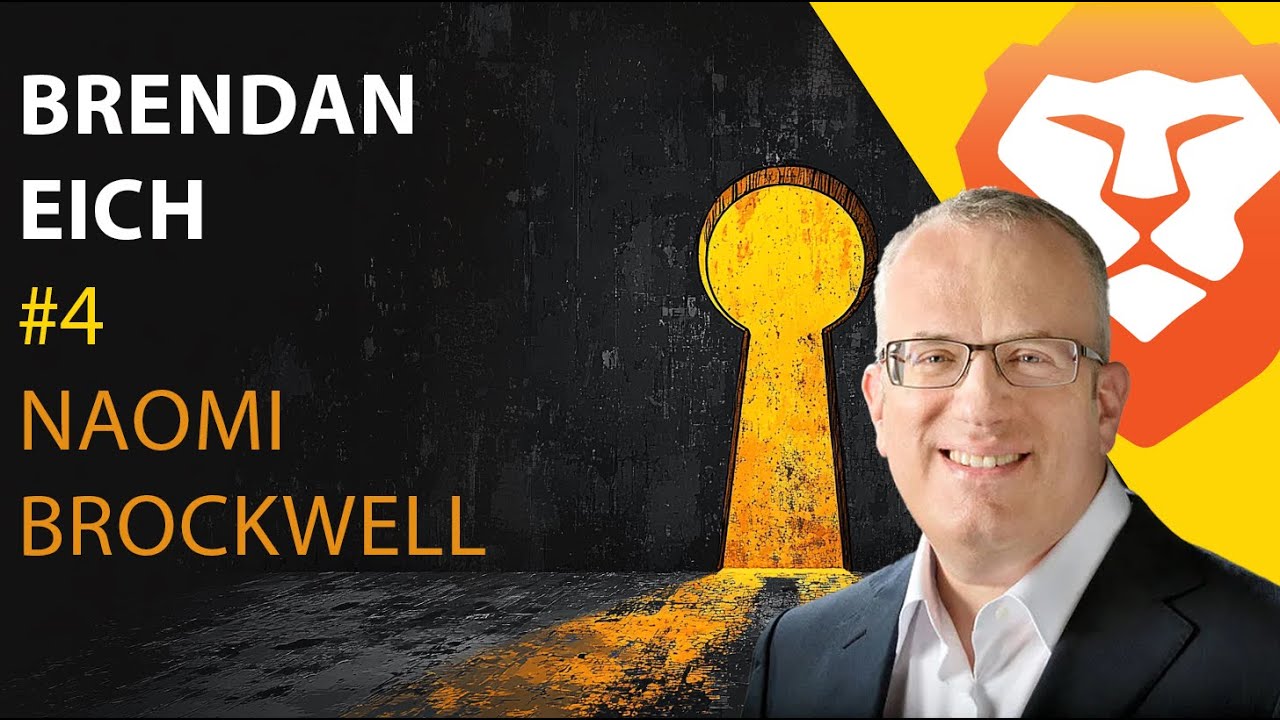As we rushed into the Web 2 era, privacy was left behind. There was a naive view that users could consent to something that was impossible to understand. The result was tracking and monitoring of every activity.
I chatted to Brendan Eich, the creator of JavaScript, Co-Founder of Brave, and the Co-founder of Mozilla. We talk about how the privacy landscape evolved on the internet, and the future of our technology-driven world.
00:00 The Serfs Have to Band Together! 00:51 Why Privacy Matters 04:30 Privacy Nihilism 06:29 The Rise of Extensions 11:48 Brave and Ads 15:06 Privacy is Now Marketable 16:31 Bridging the Divide Between Users 19:58 They Are Profiling You 21:50 Incentive for Government Control 23:30 Tech Optimism 24:48 Users Matter Most 28:57 Companies Can Make a Big Difference 31:47 UBlock Origin and Google 33:23 There is No End to Security 36:14 Braves Large Movement of Users 37:37 Decentralization Pays Off 38:00 Users Can Tilt Markets 38:55 What the Future Holds 39:39 Privacy Acceleration
We need more tools that make it possible to not only maintain privacy, but to still have a user-friendly experience at the same time. We, as users, need to fight back and demand it.
Brought to you by NBTV team members: Lee Rennie, Will Sandoval and Naomi Brockwell
Odysee link from the comments: https://odysee.com/@NaomiBrockwell:4/BRENDAN-EICH:9



To be fair, I wouldn’t trust stock Firefox indeed, as it also has bad defaults and has demonstrated disrespect to users’ consent (like turning on the ad tracking option without even informing anyone). I would rather opt for a hardening user.js or a fork with them pre-applied, like Librewolf.